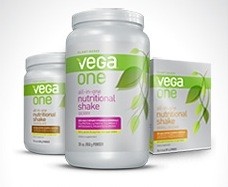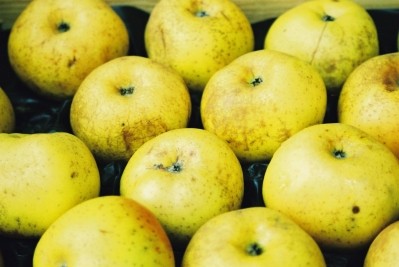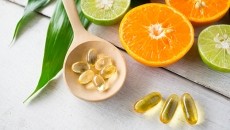Pea protein shows blood pressure-lowering potential

According to findings published in the Journal of Agricultural and Food Chemistry, three weeks of consuming a supplement containing a pea protein hydrolysate was associated with a 6 mmHg reduction in systolic blood pressure.
Other researchers have reported that a mere 2 mmHg decrease in systolic blood pressure could lead to 6% fewer stroke-related deaths, a 4% lower rate of heart disease deaths and a 3% reduction in overall deaths among Americans.
Researchers from the Department of Human Nutritional Sciences and the Richardson Centre for Functional Foods and Nutraceuticals at the University of Manitoba in Canada also report data from rat studies, which indicated that the pea protein hydrolysate may inhibit the activity of angiotensin converting enzyme (ACE) by about 20%.
ACE inhibitors work by inhibiting the conversion of angiotensin I to the potent vasoconstrictor, angiotensin II, thereby improving blood flow and blood pressure.
The ingredient
The pea protein hydrolysate used in the study was provided by Nutri-Pea Ltd., a private Canadian company, and funded by the Advanced Foods and Materials Network of Centre of Excellence (AFMNet) and the Natural Sciences and Engineering Research Council of Canada (NSERC).
The ingredient is extracted from the yellow garden pea. However, consumption of the peas in their natural state would not produce the same potential health benefits as the purified protein extract because the potentially beneficial proteins exist in an inactive state in natural peas, and must be activated by treatment with special enzymes.
Study details
The Manitoba-based researchers used rats genetically predisposed to develop high blood pressure (so-called spontaneously hypertensive rats), and fed them the pea protein at doses of 100 and 200 mg per kg of body weight. The maximum reduction in systolic blood pressure was measured at 19 mmHg four hours after consuming the ingredient.
In contrast, pea protein that was not hydrolysated failed to have an effect on blood pressure, they said, indicating the importance of the enzymatic treatment for efficacy.
Pea protein-fed rats also displayed lower levels of angiotensin II, as well as a 50% reduction in levels of renin mRNA levels.
“By controlling the output of renin from the kidneys, the [pea protein hydrolysate] may attenuate blood pressure increases through lowering the activity of [the renin-angiotensin system, which plays a key role in the regulation of blood pressure] and level of angiotensin II,” explained the researchers.
“It is important to note that the approximately 50% decrease in renal renin mRNA expression is similar to the observed 45% decrease in plasma angiotensin II concentration,” they added.
Smaller reductions were observed in the human study – which involved seven volunteers aged between 30 and 55, and with systolic blood pressure ranging from 125 to 170 mmHg. Volunteers were given either 1.5 or 3 g of the pea protein hydrolysate for three weeks.
Size of the market
High blood pressure (hypertension),defined as having a systolic and diastolic blood pressure (BP) greater than 140 and 90 mmHg, is a major risk factor for cardiovascular disease (CVD) - a disease that causes almost 50 per cent of deaths in Europe, and reported to cost the EU economy an estimated €169bn ($202bn) per year.
Source: Journal of Agricultural and Food Chemistry
Published online ahead of print, doi: 10.1021/jf201911p
“Blood Pressure Lowering Effect of a Pea Protein Hydrolysate in Hypertensive Rats and Humans”
Authors: H. Li, N. Prairie, C.C. Udenigwe, A.P. Adebiyi, P.S. Tappia, H.M. Aukema, P.J.H. Jones, R.E. Aluko














